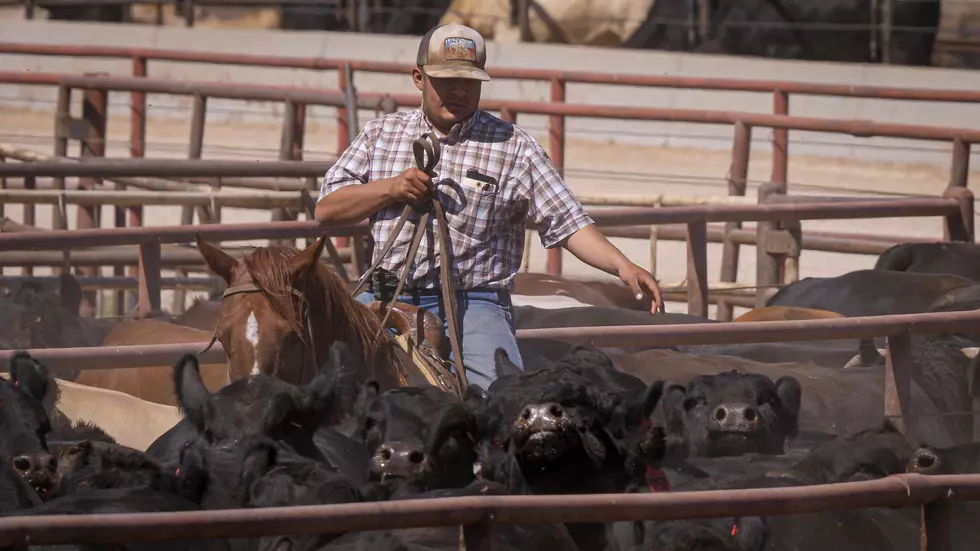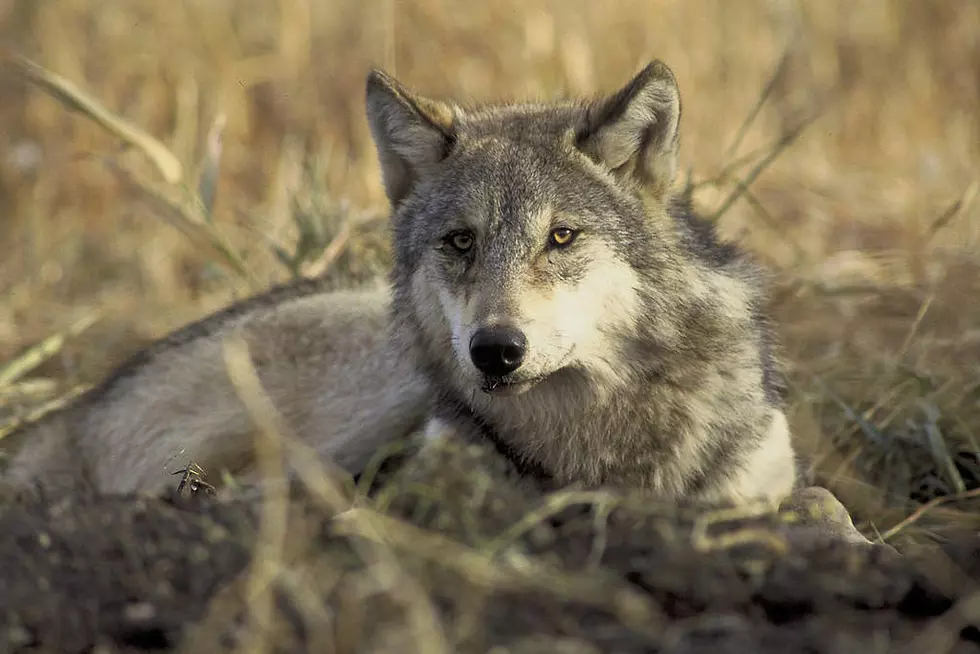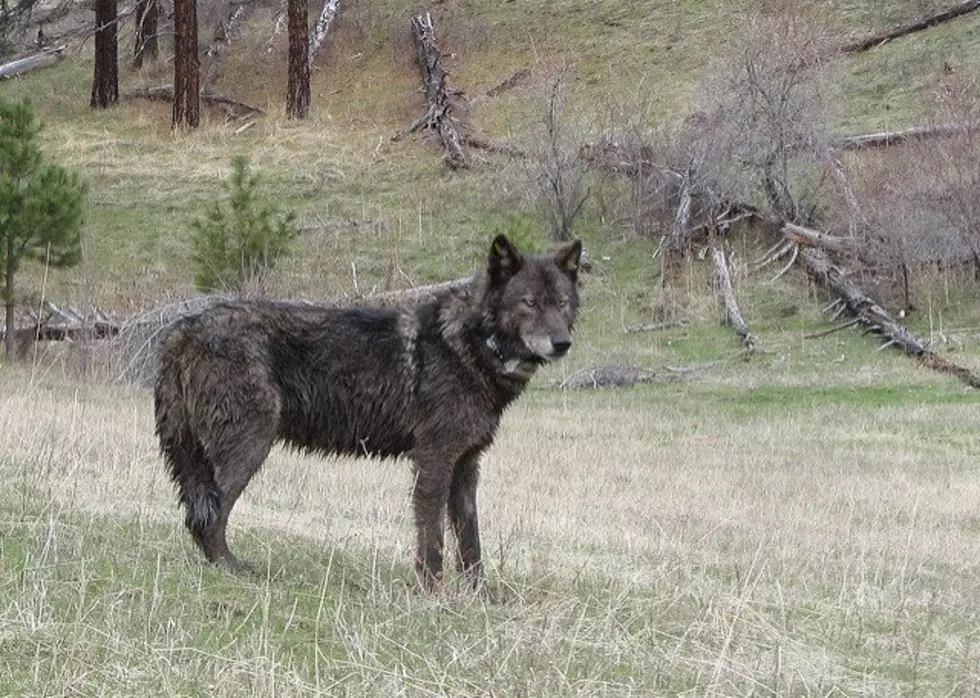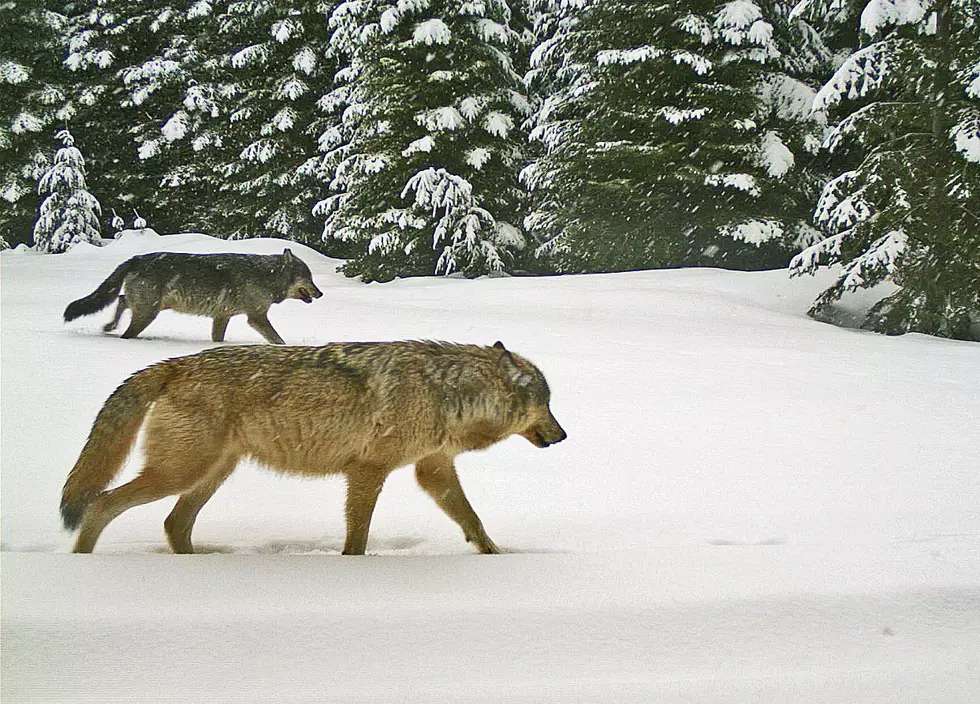
WCA: Not Enough Is Being Done To Address Wolves In Washington
Livestock producers across Washington would like the state to do more to manage the growing wolf population and to protect herds. Earlier this year, the Washington Cattlemen’s Association, the Cattle Producers of Washington and the Washington farm Bureau met in Ellensburg to discuss the growing threat, and what should be done.
WCA Vice President Sarah Ryan says not enough is being done to balance the needs of wolves and cattle producers. She said often it’s the ag community that comes up short. Ryan added many think the wolves are only a problem when a depredation occurs, but she noted the interaction between the wolves and the cattle is bad news for the herd.
“So, broken legs, weight loss if they get to running [the cattle] or if the cows try to runaway from the wolves, or they try to fight them off, so you end up with broken legs, weight loss, pregnancy loss, the cows don’t keep the next calf.”
Some wolf advocates claim cattle producers want the wolves to be eradicated from the state of Washington. Ryan said that simply is not true.
“They’re part of our ecosystem now, so we would like to see them have their opportunity to exist, but, they need to eat the ungulate population that exists, not the livestock population.”
Ryan says following the meeting, all three groups agreed the Washington Department of Fish and Wildlife could do more to help cattle producers statewide.
Here are some of the key issues that surfaced during the March summit:
- The ability of the Washington Department of Fish & Wildlife (WDFW) staff in the northeast corner of the state to manage wolves has fallen short. It is time to provide the most affected counties with the authority and funding they need to stop the economic disaster that’s coming if nothing changes. This includes providing affected counties with more local control to assist their residents and to fill the gaps left by WDFW staff in preventing and dealing with wolf depredation on livestock.
- WDFW must stand by its commitment to share wolf collar location data in a timely and consistent manner with affected landowners and county officials. The department’s inconsistency and threats to withhold collar data information has only added additional hardships on the region’s livestock producers.
- Regional delisting of wolves in northeast Washington is needed to acknowledge that wolves have recovered there.
- Provide ranchers with additional management tools and non-lethal methods to better protect their cattle as wolves are becoming accustomed to the existing methods being used.
If you have a story idea for the Washington Ag Network, call (509) 547-1618, or e-mail gvaagen@cherrycreekradio.com
More From PNW Ag Network









